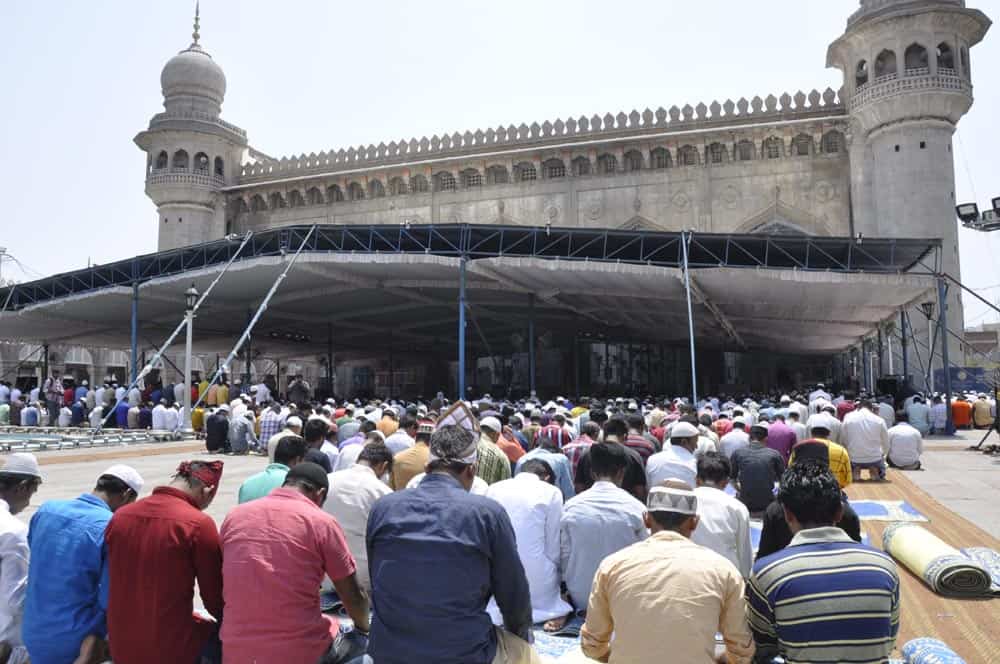Kathmandu: Reporters without Borders (RSF or Reporters Sans Frontieres) has urged Nepalese Government to drop the probe against three journalists of the Rashtriya Samachar Samiti (RSS) who published a report about Tibetan spiritual leader Dalai Lama.
Journalists Mohani Risal, Somnath Lamichhane and Jivan Bhandari, who work for the foreign desk of Nepal’s state-owned news agency RSS, are being investigated over the news on Dalai Lama. The desk had dispatched news about the health condition of Tibetan spiritual leader.
The probe was initiated following the instruction by Nepal’s Ministry of Communications and Information Technology.
“They are being probed for the issue of a Dalai Lama related story following instructions by Ministry (Communications and Information Technology). The journalists have given their answer about coverage, they have mentioned that it was based on humanitarian ground and had a strong news sense and value as it was an issue of concern for all,” a member from the committee formed to investigate the probe informed ANI seeking anonymity.
The investigation came at a time when the communist government is bringing strong legislative measures, like the “Media Council Bill”, to curb the freedom of journalists.
Last week, the Government of Nepal, under the leadership of Prime Minister KP Sharma Oli, registered the particular new bill in Parliament Secretariat that proposed to fine journalists, media outlets, editors, and publishers, if they were found violating media code of ethics.
The council can also get the aggrieved persons or institutions compensated if they suffer any loss due to the publication or broadcast of the material violating the code of conduct issued by the council, according to the section 18(1) of the new bill.
The compensation amount can range in between Nepal Rupees 25,000 to one million.
The adjoining sub-section (2) of the same section also has granted authority to the council to order the erring parties to pay compensation if the content in media outlets damages the image of the affected party.
The current Media Council Act, still in practice does not have such provisions of paying compensation to the aggrieved party, rather it requires publication of the affected party’s version. Along with this, it makes recommendations to the government to partially or completely stop the subsidiaries and governmental facilities for a certain period of time.
Reciprocating current practice, the bill further explains that the council should forward the case to the concerned authority for legal actions if any case concerning media ethics also constitutes an offence under any existing law.
Along with the provision in the bill states that the media, publishers, editors or journalists can challenge the decision of the media council at the high court within 35 days of a verdict.
[source_without_link]ANI[/source_without_link]

